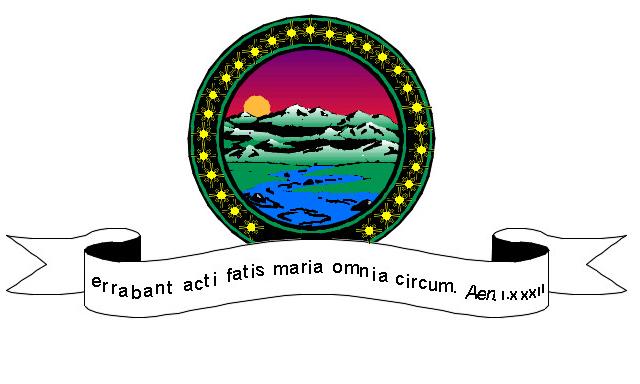
n.: to wander about, wander, 9.21 go astray straggle, retreat, flee, 5.265. Turnus, ī, m.: the chief of the Rutulians, 7.56, et al. Intereā: (adv.), amid these things meanwhile, in the meantime, 1.418, et al.īellātor, ōris, m.: a warrior, 11.553 adj., warlike, 12.614. Sāncta ad vōs animā atque istius īnscia culpaeĭēscendam māgnōrum haud umquam indīgnus avōrum.' Ūsque adeōne morī miserum est? vōs ō mihi, Mānēs,Įste bonī, quoniam superīs āversa voluntās. Terga dabō et Turnum fugientem haec terra vidēbit? 645 Perpētiar, dextrā nec Drancis dicta refellam? 640Īspiceret Teucrī potiuntur corpore et armīs. Oppetere ingentem atque ingentī vulnere victum. Murrānum, quō nōn superat mihi cārior alter, Vīdī oculōs ante ipse meōs mē vōce vocantem Nam quid agō? aut quae iam spondet fortūna salūtem? Sed quis Olympōĭēmissam tantōs voluit tē ferre labōrēs? 635Īn frātris miserī lētum ut crūdēle vidērēs? 'Ō soror, et dūdum agnōvī, cum prīma per artemįoedera turbāstī tēque haec in bella dedistī,Įt nunc nēquīquam fallis dea. Nec numerō īnferior pūgnae neque honōre recēdēs.' 630

Sunt aliī quī tēcta manū dēfendere possint.Įt nōs saeva manū mittāmus fūnera Teucrīs. Trōiugenās, quā prīma viam victōria pandit Tālibus occurrit dictīs: 'Hāc, Turne, sequāmur 625 Sīc ait, adductīsque āmēns subsistit habēnīs.Ītque huic, in faciem soror ut conversa MetiscīĪurīgae currumque et equōs et lōra regēbat, Quisve ruit tantus dīversā clāmor ab urbe?' 'Eī mihi! quid tantō turbantur moenia lūctū? 620 Iam minus atque minus successū laetus equōrum.Ĭommixtum clāmōrem, arrēctāsque impulit aurīsĬōnfūsae sonus urbis et inlaetābile murmur. Pālantīs sequitur paucōs iam sēgnior atque 615 Virgil, Aeneid 1.195–207 (Dryden's translation) read by Kathleen M.Intereā extrēmō bellātor in aequore Turnus 614 The passage also boasts Virgil's arguably most famous line: "it may be that in the future you will be helped by remembering the past" ( forsan et haec olim meminisse iuvabit). The lines immediately following this speech indicate, however, that Aeneas must struggle to keep up his sanguine appearance in the face of doubt. Above all, Aeneas insists that god ( deus) or fate ( fatum) will show the way, believing that the Trojans' "manifest destiny" is to rebuild their lives on the shores of Italy. The language, reminiscent of Odysseus' exhortations to his similarly exhausted men in the Odyssey, is stark and beautiful at the same time Aeneas catalogues the various misadventures that the men have already endured and survived, and then holds out the promise of a new homeland, a shining city on the hill. Aeneas takes this opportunity to give one of his rather rare speeches to his men-you might wish to compare this speech with Aeneas' despairing first utterance during the tempest, his first words of the epic. Bloodied, battered, bruised and hungry, Aeneas' sailors seem ready to give up the chase for the promised New Troy. After the terrible storm in Book I, Aeneas and the remnants of his crew wash up on the shores of Carthage. Ostendunt illic fas regna resurgere Troiae.ĭurate, et vosmet rebus servate secundis." Notes by Thomas JenkinsĪ famous passage. Tendimus in Latium sedes ubi fata quietas 210 Per varios casus, per tot discrimina rerum

Mittite: forsan et haec olim meminisse iuvabit.

Vos et Scyllaeam rabiem penitusque sonantis 200Įxperti: revocate animos, maestumque timorem O passi graviora, dabit deus his quoque finem. "O socii-neque enim ignari sumus ante malorum. Litore Trinacrio dederatque abeuntibus heros,ĭividit, et dictis maerentia pectora mulcet: Vina bonus quae deinde cadis onerarat Acestes


 0 kommentar(er)
0 kommentar(er)
